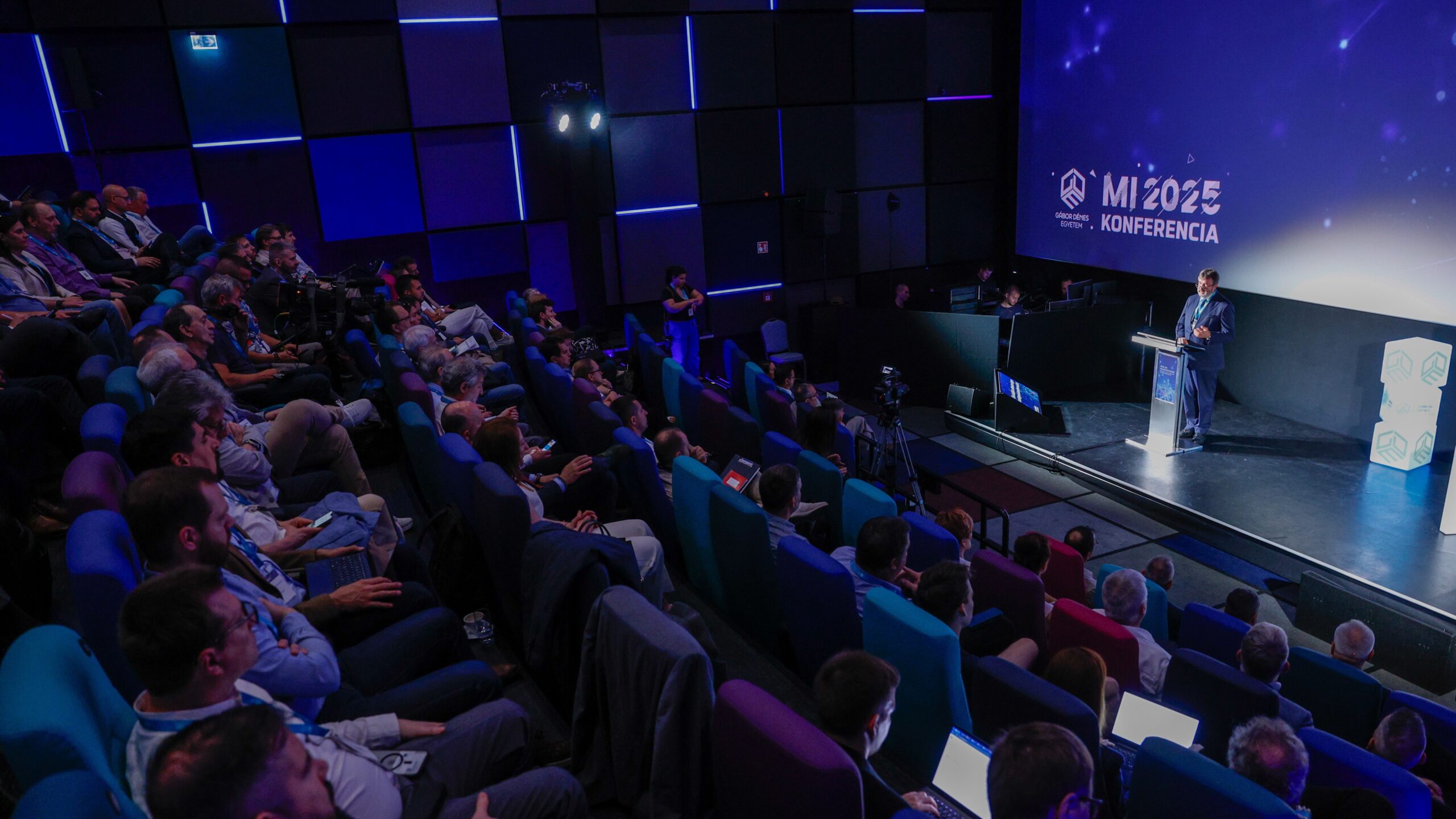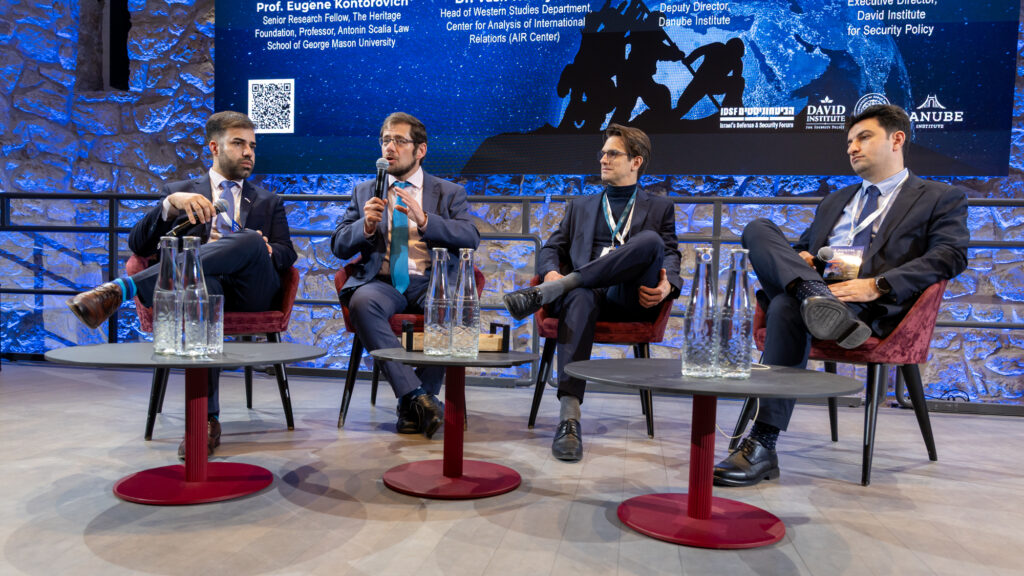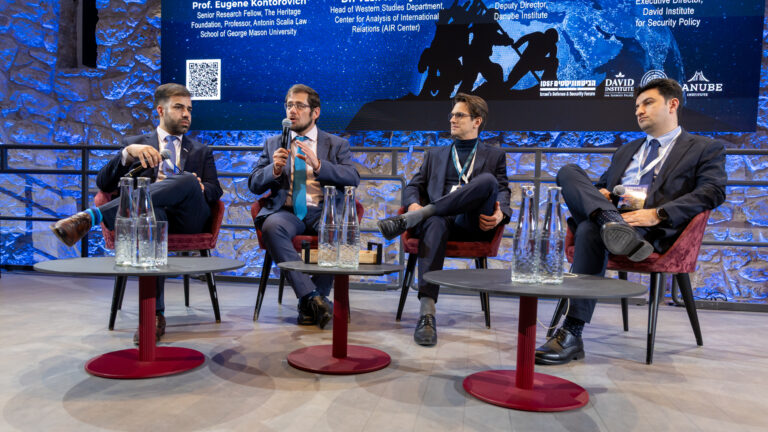Hungary is poised to adopt a refreshed and updated version of its 2020 national artificial intelligence (AI) strategy, according to a recent announcement by government commissioner for AI László Palkovics. Speaking at a conference hosted by Gábor Dénes University—part of the institution’s commemorative year events—Palkovics highlighted that the updated framework is already under discussion and may be approved by the government in the coming days.
He noted that with the coordination of the AI Coalition, Hungary has begun mapping who is working with AI and in what sectors. ‘The results so far show that we’re in a better position than previously thought,’ he said.
Palkovics emphasized that Hungary has all the necessary components for AI advancement: extensive data assets, computing power, a favourable legal environment, and a pool of creative professionals. While five years can feel like an era in the AI world, the initial 2020 strategy—though shaped mainly by engineers and technical minds—laid a solid foundation. The time has now come to update it, particularly in light of the European Union’s recently adopted AI Act, which introduces a new regulatory framework for AI systems.
He also underscored that the legal groundwork is already in place for the structured, lawful, and innovative use of national data assets. The aim is to make these resources quickly and affordably available to researchers, public institutions, and businesses.
Crucially, Palkovics stressed that AI is not just a technological issue—it is a societal one. He advocated for broader public understanding and accessibility. To support this, Gábor Dénes University has developed a free, online educational package. The three-part curriculum introduces the basics of AI, guides learners in crafting effective prompts, and explores practical applications of the technology.
Looking ahead, Eötvös Loránd University (ELTE) and its partners are preparing a comprehensive proposal on how AI can be integrated across educational levels, both as a subject and as a teaching tool. This includes training teachers to effectively implement AI in classrooms.
President of Gábor Dénes University Ferenc Dietz paid tribute to the university’s namesake, Dennis Gabor, who developed the theory of holography in 1947 and won the Nobel Prize in Physics in 1971. Gabor’s visionary work has since become a foundational technology in the modern world.
Dietz also revealed that the university has launched an AI-based knowledge centre to support hybrid, multimodal, and data-driven education. He suggested that the convergence of artificial intelligence and extended reality (XR) technologies could usher in a new digital paradigm—one where immersive learning environments, realistic simulations, and virtual classrooms become the standard.
Related articles:







